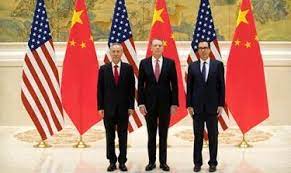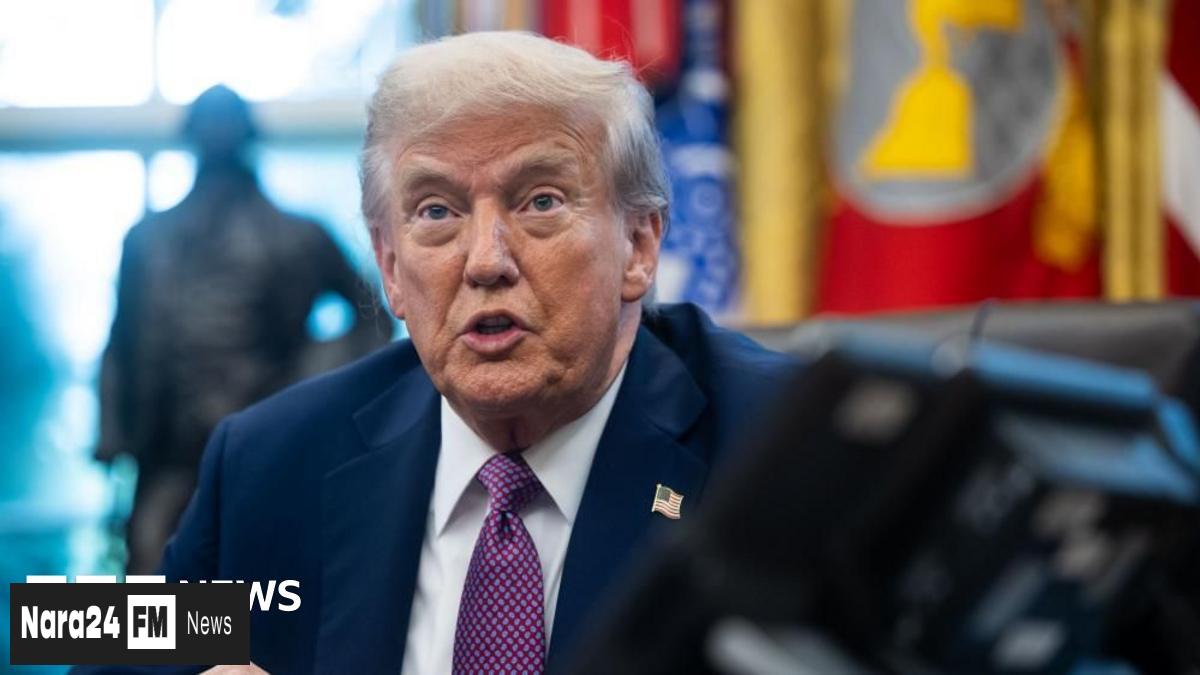In a significant development for global commerce, former U.S. President Donald Trump announced that Washington and Beijing have finalized a comprehensive trade agreement, pending final authorization from both nations' leaders. The breakthrough follows intensive negotiations between senior officials in London this week aimed at resolving longstanding economic tensions.
Core Components of the Agreement
According to Trump's statement on Truth Social, China has committed to supplying "full magnets and any necessary rare earths" to American industries upfront. These minerals are essential components for advanced technologies including electric vehicles, smartphones, and defense systems - sectors where U.S. manufacturers had faced critical shortages due to export constraints.
In reciprocal measures, the United States will resume educational access for Chinese students seeking placements at American universities. Trump emphasized this provision had "always been good with me," signaling a policy reversal from previous visa restrictions that had strained academic exchanges.
Delegates from both nations convened for two days of negotiations (Getty Images)
Path to Resolution
U.S. Commerce Secretary Howard Lutnick described the London talks as establishing "a framework to implement the Geneva consensus" reached during May's temporary truce. That earlier agreement had reduced U.S. tariffs on Chinese goods from a peak of 145% to 30%, while China lowered its levies on American imports to 10%.
The negotiations followed a June 5th phone conversation between Trump and Chinese President Xi Jinping, which the former U.S. leader characterized as a "very good talk." Chinese Vice Commerce Minister Li Chenggang confirmed both parties had agreed in principle on procedures to execute commitments made during these high-level discussions.
Contentious Background
The trade relationship between the economic superpowers has been marked by escalating tensions throughout 2025. After initial tariff hikes in February, both nations engaged in reciprocal increases that culminated in April with U.S. duties reaching 145% on Chinese imports and China imposing 125% tariffs on American goods.
Despite May's temporary ceasefire, disputes persisted over alleged violations. Washington accused Beijing of maintaining restrictions on rare earth exports, while China protested U.S. limitations on semiconductor sales and visa cancellations for Chinese students. Earlier this week, Chinese commerce authorities signaled potential flexibility by approving some rare earth export licenses ahead of the London summit.
Industry analysts note that successful implementation would alleviate significant pressure on global supply chains, particularly in technology and manufacturing sectors that depend on Chinese minerals. The agreement also potentially signals improved diplomatic relations amid recent friction points involving Taiwan and technological competition.
Final ratification is expected to occur through direct communication between Trump and Xi in the coming days, with both administrations preparing to enact the terms before the expiration of the 90-day negotiating window established in May.
Source: BBC News








Comments (0)
Leave a Comment
Be the first to comment on this article!